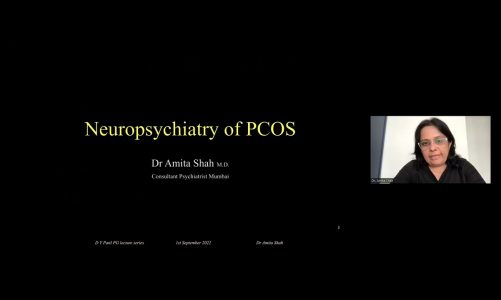https://www.ibiology.org/cell-biology/protein-secretion/
Part 1: The Secretory Pathway: How cells package and traffic proteins for export: Randy Schekman overviews the secretory pathway and reviews historical experiments that shaped our molecular understanding of this pathway.
Part 2: Genes and proteins required for secretion: Randy Schekman explains how his laboratory used baker’s yeast to uncover major proteins involved in the secretory pathway, and describes proteins involved in budding, vesicle trafficking, and vesicle fusion.
Part 3: How human cells secrete small RNAs in extracellular vesicles: Randy Schekman outlines exosome biogenesis.
Talk Overview:
In his first lecture, Dr. Randy Schekman overviews the secretory pathway and reviews historical experiments that shaped our molecular understanding of this pathway. The journey begins at the endoplasmic reticulum (ER), where proteins that engage the secretory pathway get translated. The mRNA of these proteins codes for a signal sequence that serves as a “tag” to bring the mRNA-ribosome-newly-synthesized protein to the ER for continued translation and movement of the new secretory protein across the ER membrane into the interior or lumen of the organelle. Vesicles transport the recently translated proteins to the Golgi Apparatus, where they get “packaged” and sent to their final destination.
In his second lecture, Schekman explains how his laboratory used baker’s yeast to uncover major proteins involved in the secretory pathway, and describes proteins involved in budding, vesicle trafficking, and vesicle fusion. Schekman also presents data from his laboratory that helped to identify the ER channel through which proteins enter the secretory pathway. These series of experiments show how, step by step, scientific knowledge evolves, uncovering the fundamental mechanisms to better understand human disease.
In his third lecture, Schekman outlines exosome biogenesis. Exosomes are extracellular vesicles released by the cell, and in contrast to intracellular vesicles, exosomes contain small molecules of RNA. Schekman’s laboratory characterized the RNAs contained in exosomes and showed the importance of Ybx1 protein for the recruitment of certain miRNAs into exosomes.
Speaker Biography:
Dr. Randy Schekman is a Professor in the Department of Molecular and Cell Biology, University of California, Berkeley, and an Investigator of the Howard Hughes Medical Institute. He studied the enzymology of DNA replication as a graduate student with Arthur Kornberg at Stanford University. His current interest in cellular membranes developed during a postdoctoral period with S. J. Singer at the University of California, San Diego. At Berkeley, he developed a genetic and biochemical approach to the study of eukaryotic membrane traffic.
Among his awards are the Eli Lilly Award in microbiology and immunology, the Albert Lasker Award for Basic Medical Research and the Louisa Gross Horwitz Prize. In 2013, Schekman was awarded the Nobel Prize in Medicine or Physiology jointly with Thomas Südhof and James Rothman for their contributions to understanding vesicle trafficking. Schekman is a member of the National Academy of Sciences and the American Academy of Arts and Sciences. From 2006-2011, he was Editor-in-Chief of the Proceeding of the NAS. Currently, he is Editor-in-Chief of the open access journal eLife.
Learn more about Dr. Schekman’s research here: https://mcb.berkeley.edu/labs/schekman/
source


